History shows that winning the Golden Boy award is no guarantee of a glittering career
Barcelona wonderkid Pedri has been crowned as the next big thing in football after being confirmed as the 2021 winner of the prestigious Golden Boy award.
Rafael Van der Vaart became the inaugural Golden Boy in 2003, and Pedri's former Barcelona teammate, a little-known Argentinian gem who goes by the name of Lionel Messi (what became of him?), received the award in 2005.
Other notable past winners include Wayne Rooney, Mario Balotelli and the man whose 'crying' celebration has increased anger management attendance worldwide – Kylian Mbappe.
Let's take a look at all 18 previous Golden Boys and explore what became of each winner.
2003: Rafael Van der Vaart
Van der Vaart was the first one-to-watch of the Golden Boy era, after a standout debut season in the Ajax first team at 17 years old.
From there, the Dutch international earned himself a move to Madrid via Hamburg. He left Real for Tottenham after only two years in the Bernabeu spotlight.
He became a fan favourite in North London, scoring 30 goals in two years, before returning to Hamburg and winding down his career with short stays at Betis, FC Midtjylland and Esbjerg FB.
He now makes a living calling Harry Maguire 'shit' on live TV.
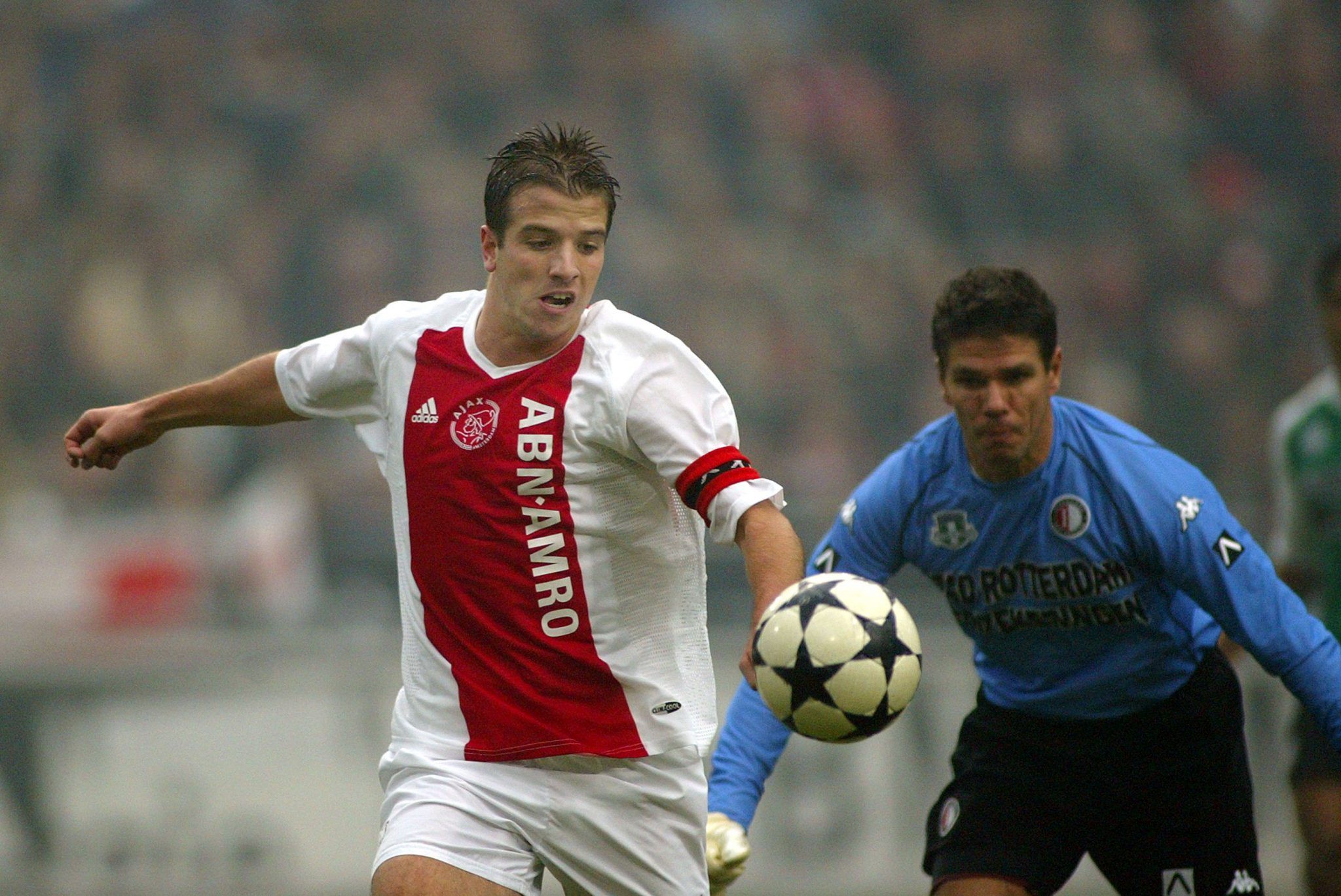
2004: Wayne Rooney
Remember the name…
'Wazza' won the award after bursting onto the scene with two special seasons at Everton and moving to Manchester United for £27m after his stellar performances for England at Euro 2004.
https://twitter.com/EURO2024/status/1200858652976041984
He broke Sir Bobby Charlton's goal record at Old Trafford and picked up 12 major trophies in 13 years in Manchester. In that time, he also broke the record for most goals scored for England.
After leaving Manchester, he returned to Everton for one-and-a-half seasons, leaving them to play for D.C. United in Major League Soccer. Then, returning to England as a player-coach for Derby County, stepping up to become manager soon after Phillip Cocu was sacked.
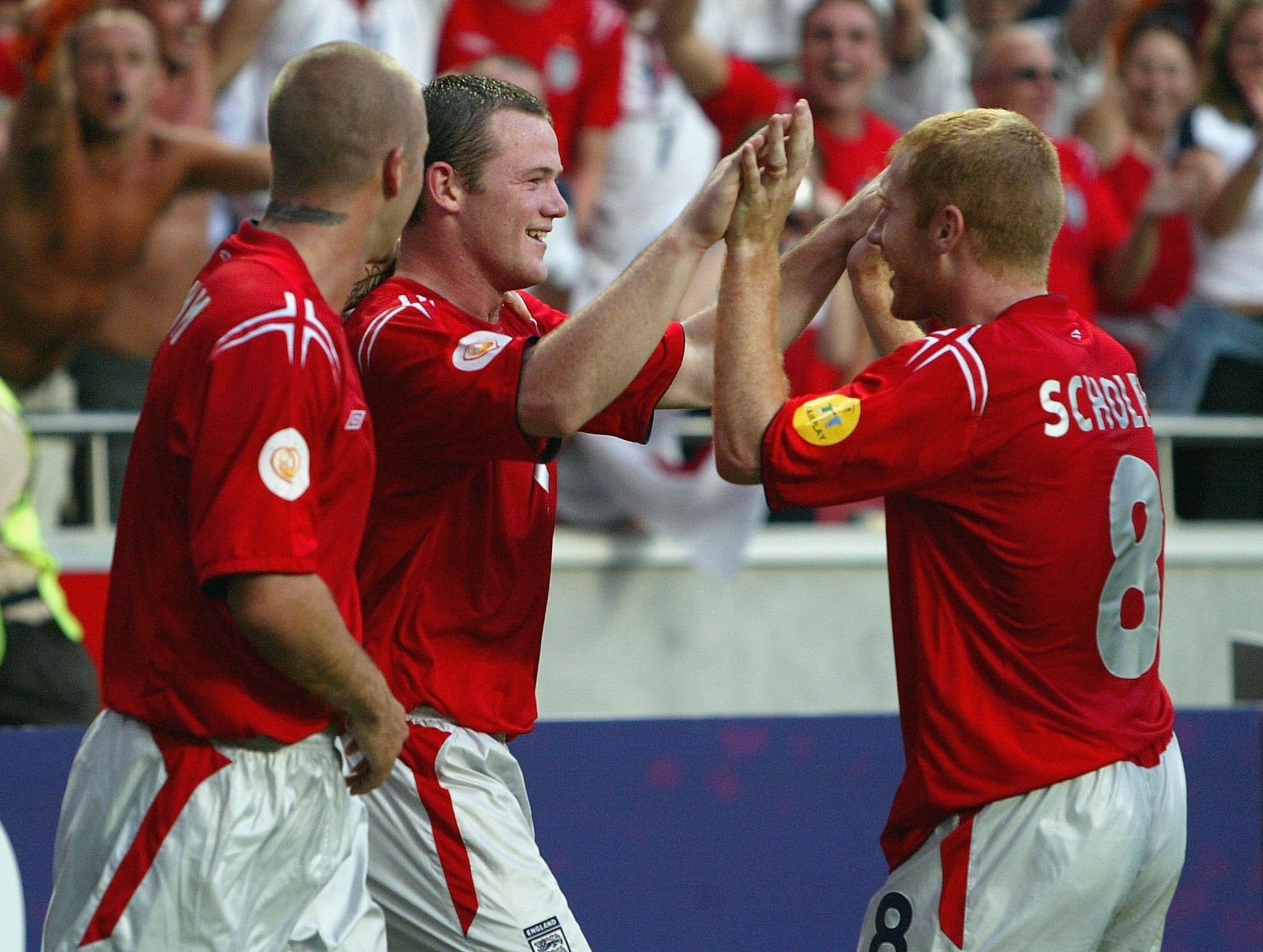
2005: Lionel Messi
The 2005 winner has become accustomed to picking up gold, spherical trophies over the years.
With 6 Ballon d'Or awards and 21 major trophies at club level, plus a Copa America win with Argentina, you could say that the part-time Pepsi salesman was the right choice for the award.
Messi became the highest goalscorer in Barcelona history at just 24 and has since broken more records than Ice Cube with a baseball bat at the Priority Records office in the 1990s.

2006: Cesc Fabregas
After being on the fringes of the Arsenal
Invincibles team of 03/04, Fabregas went on take Patrick Vieira's spot in the Gunners' first team and his shirt number when the French midfielder departed for Juventus in 2005.
During his eight years at the club, he picked up just two major trophies but earned himself the captain's armband before being bought back by Barcelona, where he came through the esteemed Masia academy.
He stayed in Catalonia for three seasons, winning a league title and Copa Del Rey, then returned to London to play in blue for Chelsea. A successful spell in West London saw him pick up two more Premier League titles, another FA Cup and a League Cup.
He was also a part of the all-conquering Spanish national side which won European Championships and a World Cup.
The Spaniard is currently plying his trade with Monaco.

2007: Sergio Agüero
This tricky little Argentinian is responsible for a moment that has kept Martin Tyler in a job all these years (this writer is pro - Clive Tyldesley and Peter Drury, for what it's worth) when he scored one of the most iconic goals in Barclays' history.
Agüero scored with the last kick of the game to win Manchester City their first Premier League title in 2012. Before that though, he won the Europa League with Atletico Madrid and has since collected five Premier League medals, six League Cups, one FA Cup and become record goalscorer for the Cityzens.
'Kun' moved to Barcelona in 2021, signing a two-year contract.
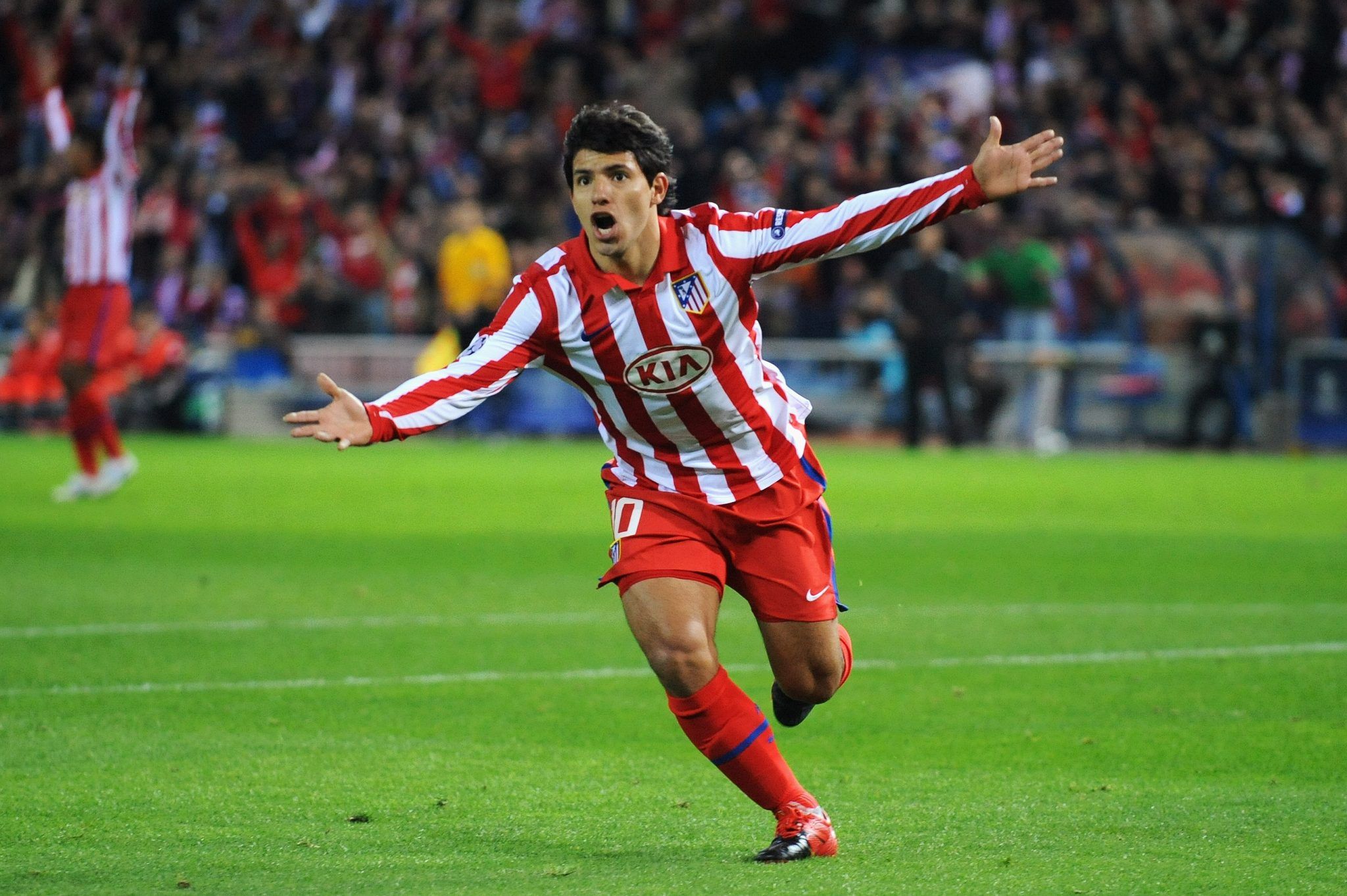
2008: Anderson
AAANNDERRRR – SON, SON, SON
I don't know either.
In 2007, Manchester United paid Porto £30m for the braided Brazilian.
By the end of that season, he scored the penultimate penalty in the Champions League final to help United to victory in Moscow's pouring rain.
'Ando' was a fan favourite amongst Reds supporters for his lively personality, but injury and weight problems plagued his career post-penalty.
Fellow Brazilian and former Red Rafael Da Silva wrote in his joint autobiography with twin-brother Fabio that Anderson could've been "the best in the world" if he had been more professional.
He specifically recalled that Anderson would jump up and impulsively shout when the team coach would pass the motorway services, "McDonald's, McDonald's."
Anderson retired in 2019, having spent time on loan at Fiorentina before he left Manchester. He returned to Brazil after that to play for Internacional and finished up in Turkey at Adana Demirspor.
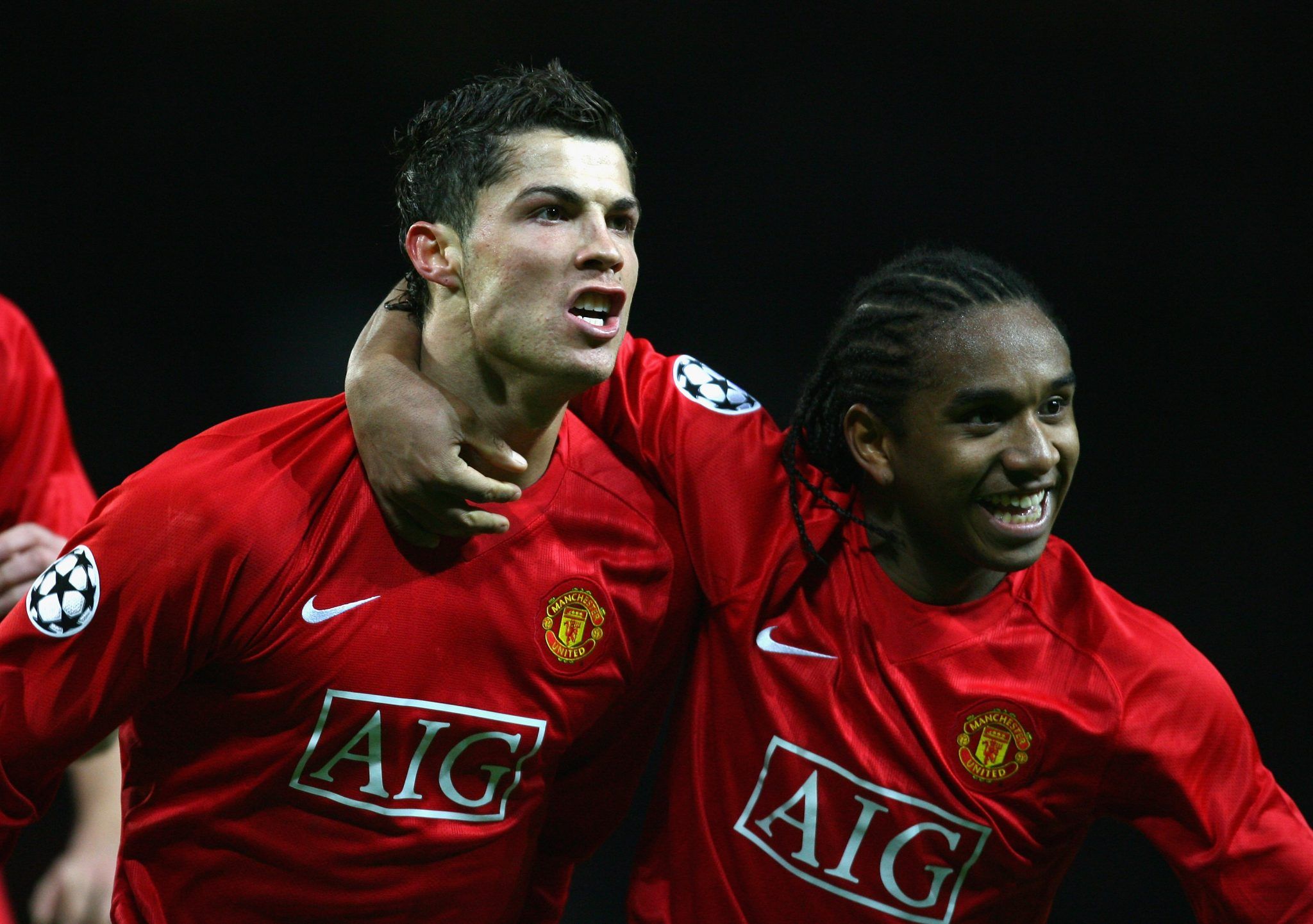
2009: Alexandre Pato
Another Brazilian Golden Boy winner, set to dominate European football, who struggled with injury and found themselves 'Back in Brazil' – like the Paul McCartney song.
After initially lighting up the San Siro with AC Milan, lengthy amounts of time on the treatment table saw Pato fade away and leave Italy in 2013 to sign for Corinthians.
Things didn't work out as hoped with Corinthians, and he was loaned to Sao Paulo and Chelsea.
Pato played two games at Stamford Bridge. No, I don't remember that either.
His next destination was a short stint at Villarreal, followed by two years in China at Tianjin Tianhai and now Sao Paulo for a second time.
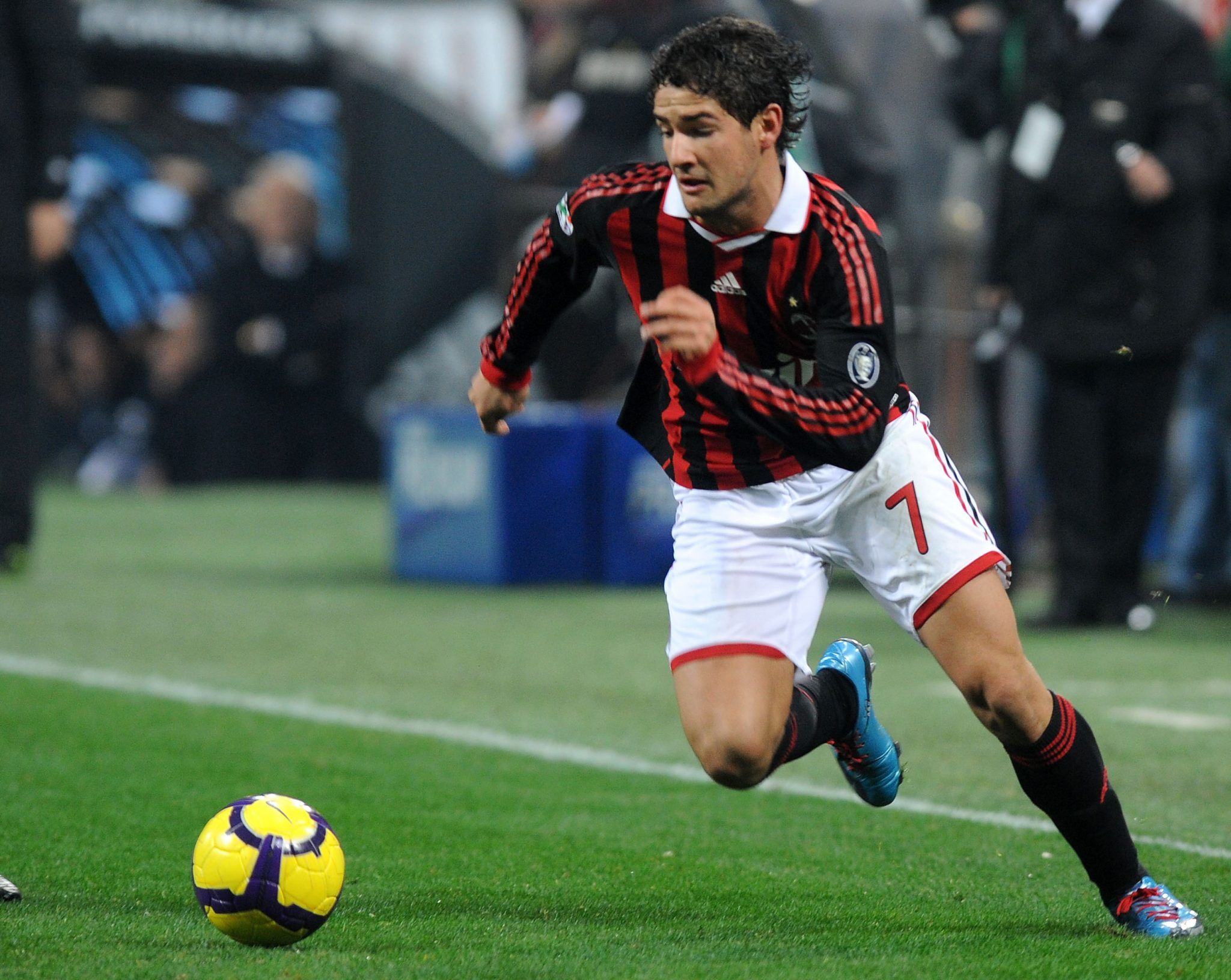
2010: Mario Balotelli
Where to start with Mario Bibo – ahem, Balotelli.
Super Mario's off-field antics may be better remembered than his performances on the pitch, but Balotelli was actually really good with a football - much better than with fireworks…
His early career couldn't have started much better, winning three Serie A titles, one Coppa Italia and a Champions League with Inter. He later reunited with old boss Roberto Mancini at City, where he assisted Agüero for
that last gasp winner to help himself to a league title in England too.
A return to Milan followed, this time with AC, before Liverpool brought him back to England after Luis Suarez's departure to Barcelona in 2014.
After only scoring four goals in 28 appearances in all competitions at Anfield, he was loaned back to Milan, where he could only offer three goals in 23 games.
Now playing for newly-promoted Super Lig side Adana Demirspor, via time in France with Nice and Marseille and back in Italy at Brescia and Monza, Balotelli's career has been a wild ride, fitting for such an eccentric character.
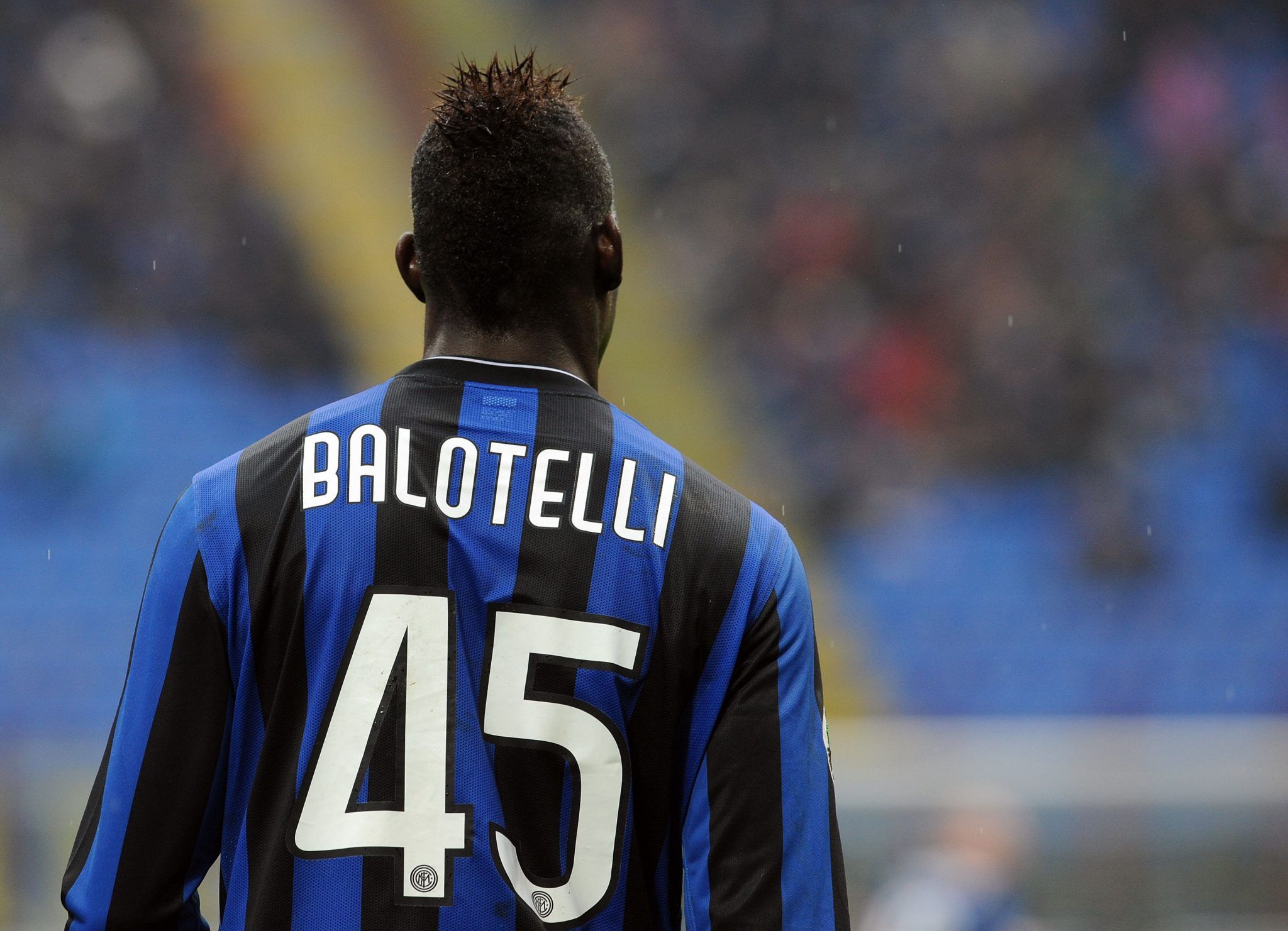
2011: Mario Götze
Götze became the second most expensive German player of all time when Bayern Munich coughed up €37m to prise him from Borussia Dortmund.
He won five Bundesliga titles across his time at Bayern and two spells at Dortmund, four German Cups, and poked home the winning goal in the 2014 World Cup Final against Argentina.
Unfortunately, he is another on this list who became a casualty of injury troubles. In early March 2017, Götze was diagnosed with myopathy, a muscular disorder which means the fibres in the muscles do not function correctly.
In 2020, he left the Black and Yellows to join PSV Eindhoven, where he's contracted until 2024.
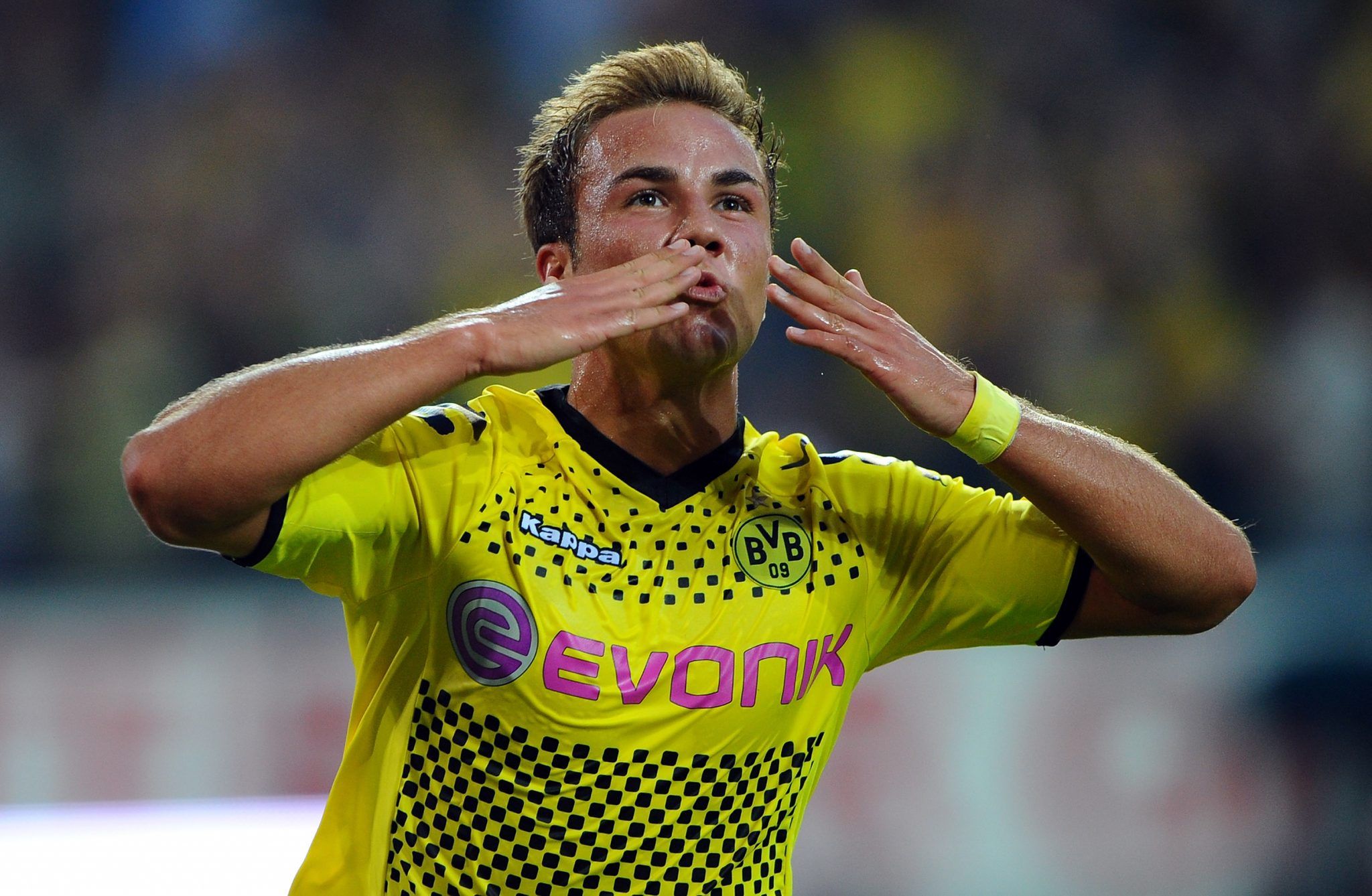
2012: Isco
Just the 16 major trophies for Isco since his performances at Malaga saw him picked up by Real Madrid for €30m. Amongst those are two La Liga titles and four Champions League winner's medals.
Manchester United once turned him down because his head was "too big for his body." A strange decision looking back, considering their current captain's nickname.
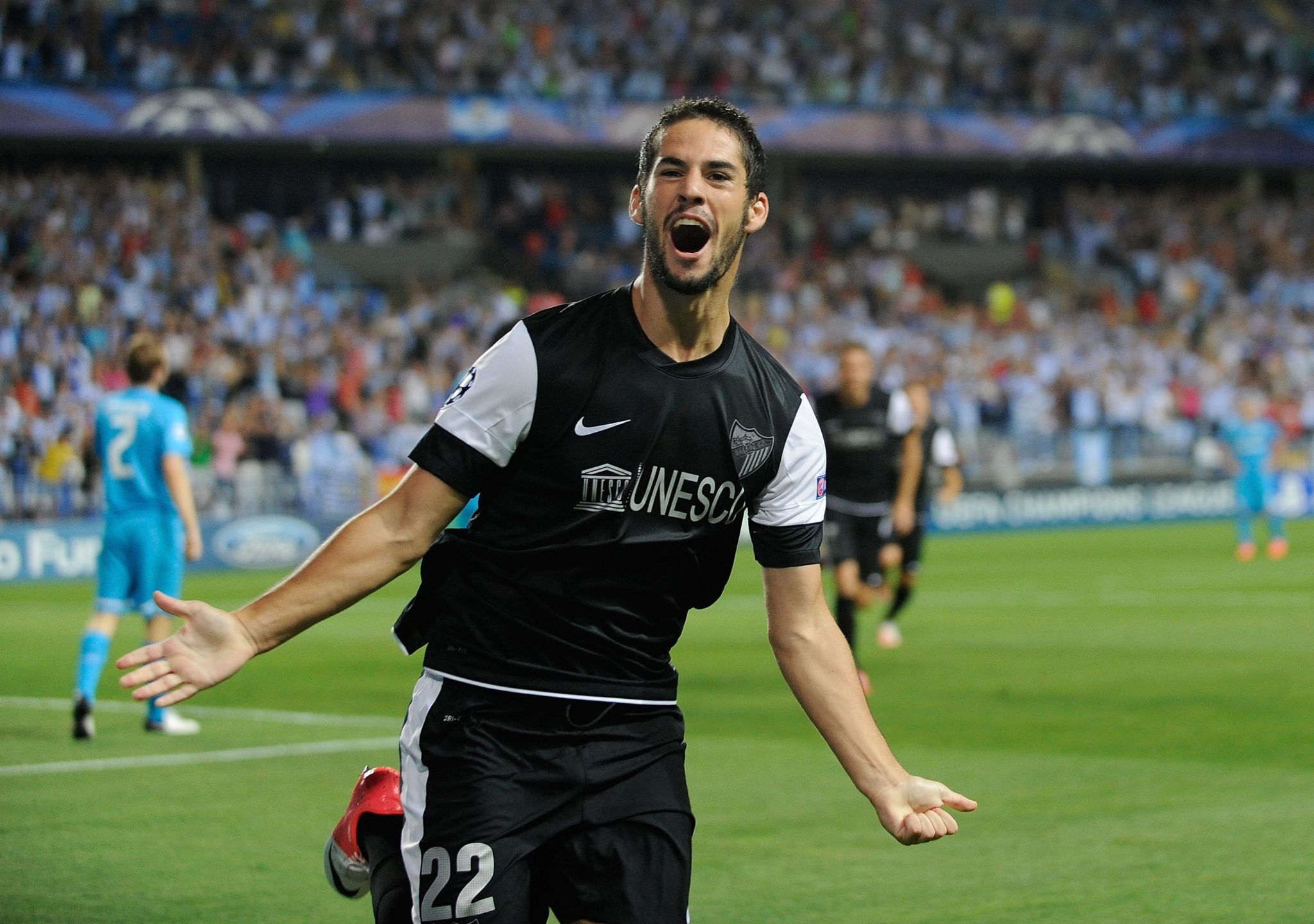
2013: Paul Pogba
Pogba took the title after his first full season in first team football, an impressive debut season at Juventus.
He came through the youth ranks at Old Trafford, but moved to Turin having grown frustrated at his limited first team opportunities.
His performances at Juve persuaded United to buy him back for £89m in 2016, a world-record fee at the time.
In his first season back in Manchester, Pogba won the League Cup and Europa League but has struggled for consistency and trophies at club level since then.
However, he did help France to World Cup glory in 2018, with videos from the dressing room showing him giving an inspirational speech to his teammates before the game.

2014: Raheem Sterling
If Harry Kane had squared it, I'd have something else to write here.
Sterling has been a top player for club and country since 2013. Breaking through into the Liverpool first team and then the international setup, scoring the goal that everyone thought was a goal, before realising it hit the side netting in England's 2014 World Cup group game against Italy.
He then moved to Manchester City for £49m, the record transfer fee for an English player at the time (now £80m for Harry Maguire), where he's won eight major trophies, including a domestic treble.
At Euro 2020, Sterling was vital to the England side that reached the final, scoring three goals in seven games, including the winning goal in the first group fixture against Croatia.
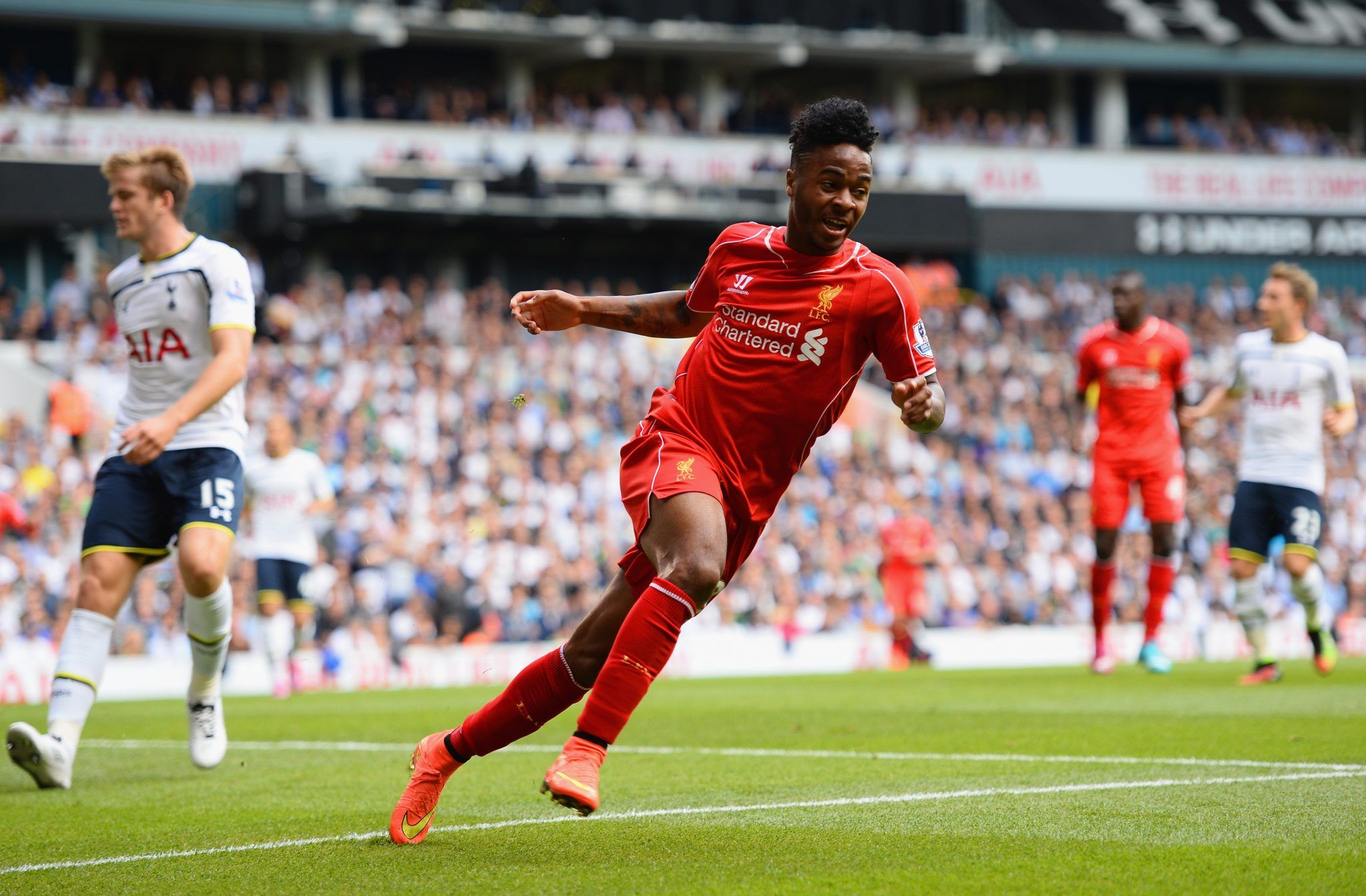
2015: Anthony Martial
FIFTY MILLION DOWN THE DRAIN, TONY MARTIAL SCORES AGAIN*
*sometimes.
When Manchester United splashed out £50m on Martial, and he scored on his debut to make victory certain against arch-rivals Liverpool, it looked like he would be worth every penny.
In his debut season, he managed 17 goals in 49 games across all competitions, not a bad return for an 18-year-old striker coming to the Premier League from France.
The next season, Mourinho took charge, brought in Zlatan Ibrahimovic and shifted Tony out onto the left, and he only managed eight in 42 games.
The season after, Ibrahimovic left halfway through the year. However, United had signed Romelu Lukaku in the summer and Martial was still stuck on the left, where he only produced 11 goals in 45 appearances.
In the following campaign, Ole Gunnar Solskjaer replaced Jose (Mourinho in third season syndrome shocker) and preferred Martial to Lukaku. The France international managed 12 goals after moving back up front for the second half of the season.
In 2019/20, he bagged 23 goals, a career-high and his most in a United shirt. It all looked to be coming together, only for him to score seven in 36 very frustrating games in 2020/21.
At 25 years old, there's still time for Martial to come good on his early promise.
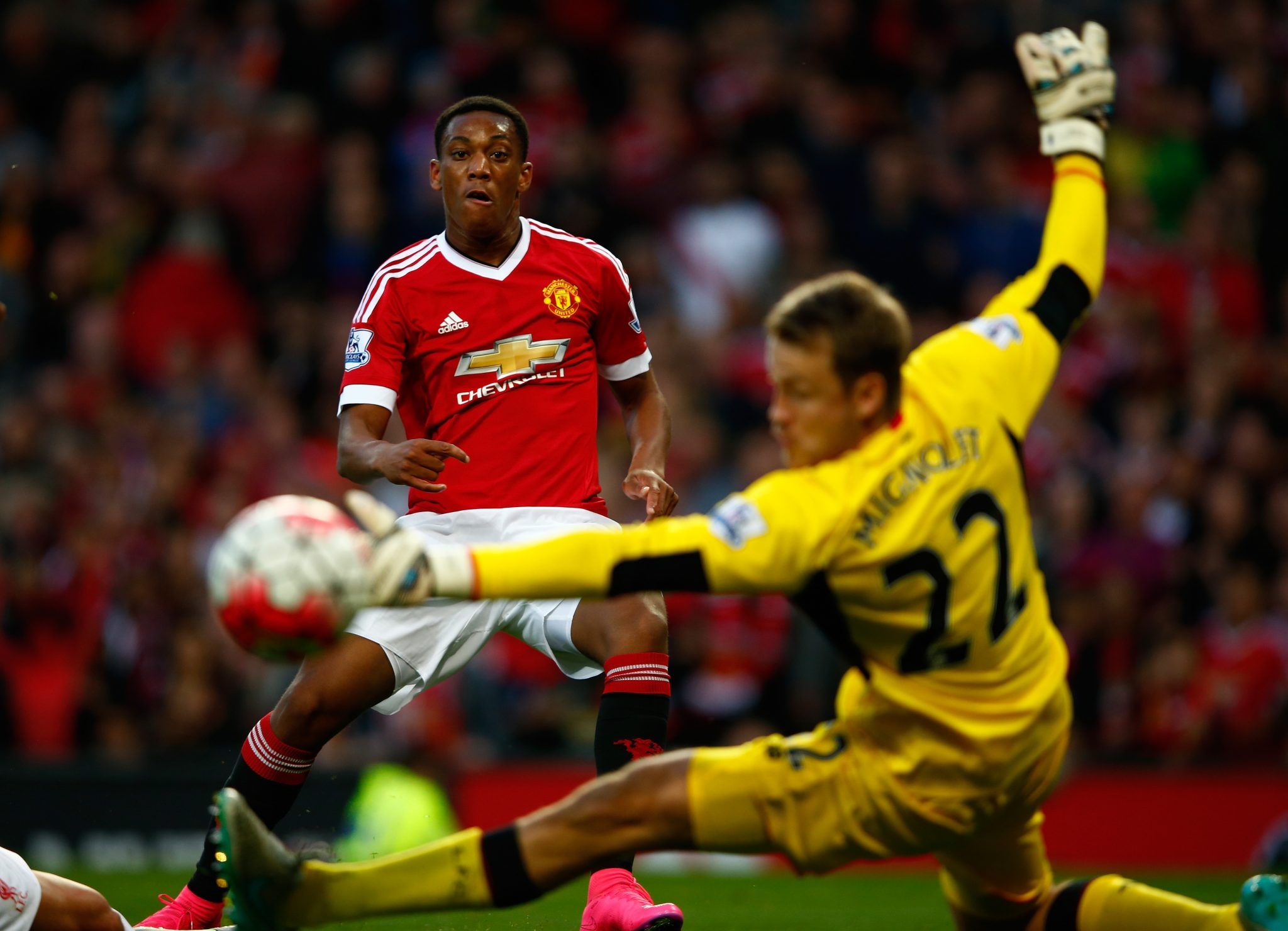
2016: Renato Sanches
Bayern Munich signed Sanches from Benfica. In the same year, he was announced as that Golden Boy winner in a deal worth up to €80m.
They loaned him to Swansea City in that same season, where he couldn't pass a parcel. Two underwhelming seasons later and he was sold to Lille.
It would've been harsh to say he was a flop, but in 2019 when Sanches departed Bayern to sign for Lille, things weren't looking too clever for the Portuguese.
Since his move to France, however, he's been a revelation, forming a formidable midfield partnership with Boubakary Soumare as Lille won their first Ligue 1 title in a decade.
He's still just 24. Don't go writing him off just yet.
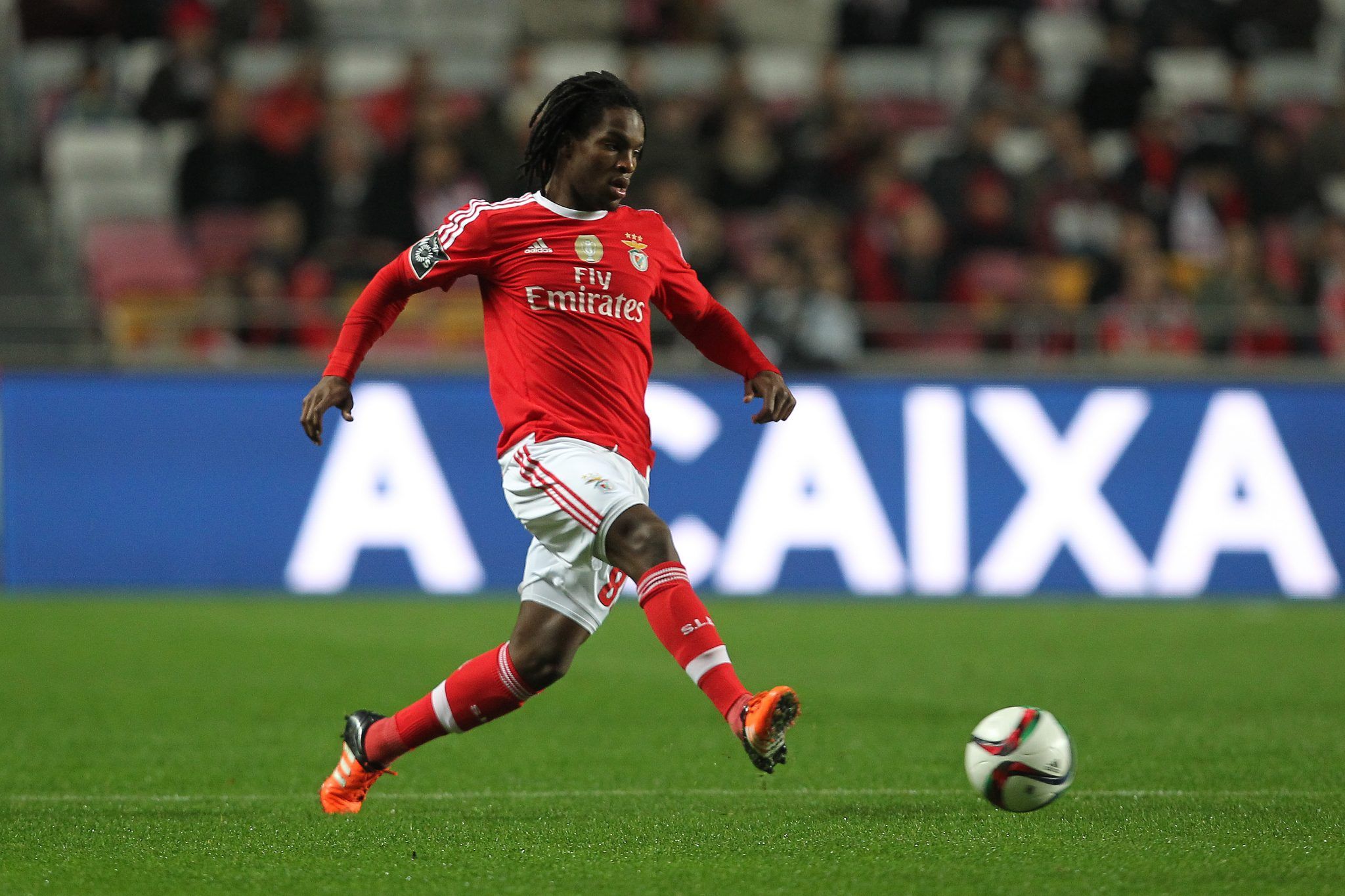
2017: Kylian Mbappe
Not much to say, is there?
An exceptional footballer, destined to reach Messi and Cristiano Ronaldo levels of stardom and achievement.
At only 22, he's collected four Ligue 1 winners medals, winning his first league championship at just 17 with Monaco and winning the World Cup at 18. He became the second ever teenager to score in a World Cup final – after Pele.
He's the second-most expensive player of all time (behind his PSG teammate Neymar) and most expensive teenager. He has been the cover star for EA Sports' FIFA game series' 21 and 22 editions. Golden Boy indeed.
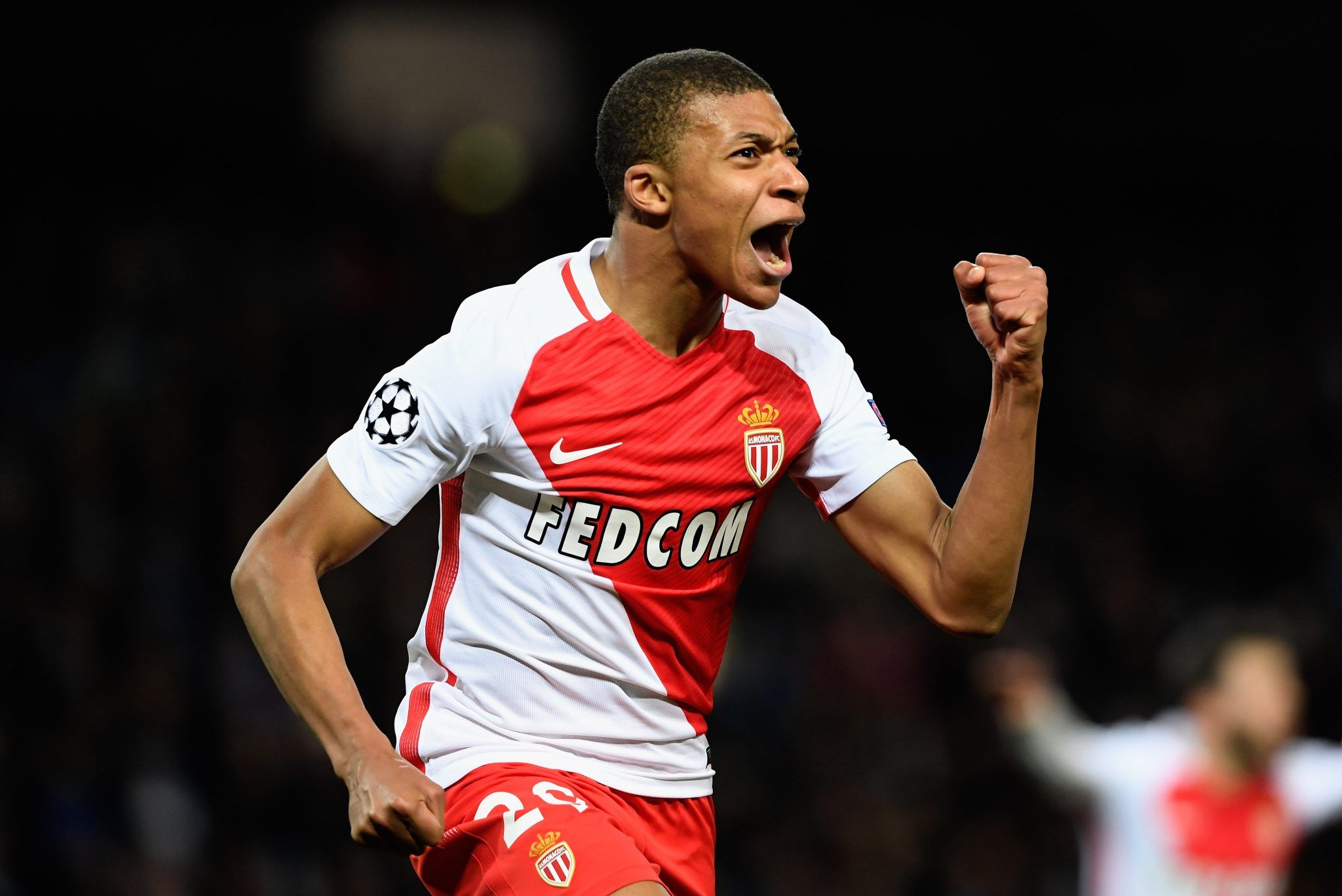
2018: Matthijs De Ligt
Wait. I know what you're thinking. It's only attacking players who win these awards, right?
Wrong.
Three years ago, new ground was broken as Dutch centre-back De Ligt scooped up the Golden Boy accolade after rising through the ranks at Ajax, becoming their youngest ever club captain and establishing himself as a first-team regular and one of the top central defenders in Europe.
His performances in the 2018/19 season helped lead his Ajax side to the Champions League semi-final and saw him bought for €75m by Juventus, inking a five-year deal in Turin.

2019: Joao Felix
Felix debuted for Benfica B at just 16 years old.
What were you doing at 16? Answers on a hopefully lost in transit postcard, please.
He lit up the UEFA Youth League that year and was called up to the Benfica first team the following year. He picked up where he left off, tearing up the Primeira Liga and gaining the interest of the top clubs in European football.
Atletico Madrid paid £113m for Felix in the summer of 2019, tying him to a seven-year deal at the Wanda Metropolitano.
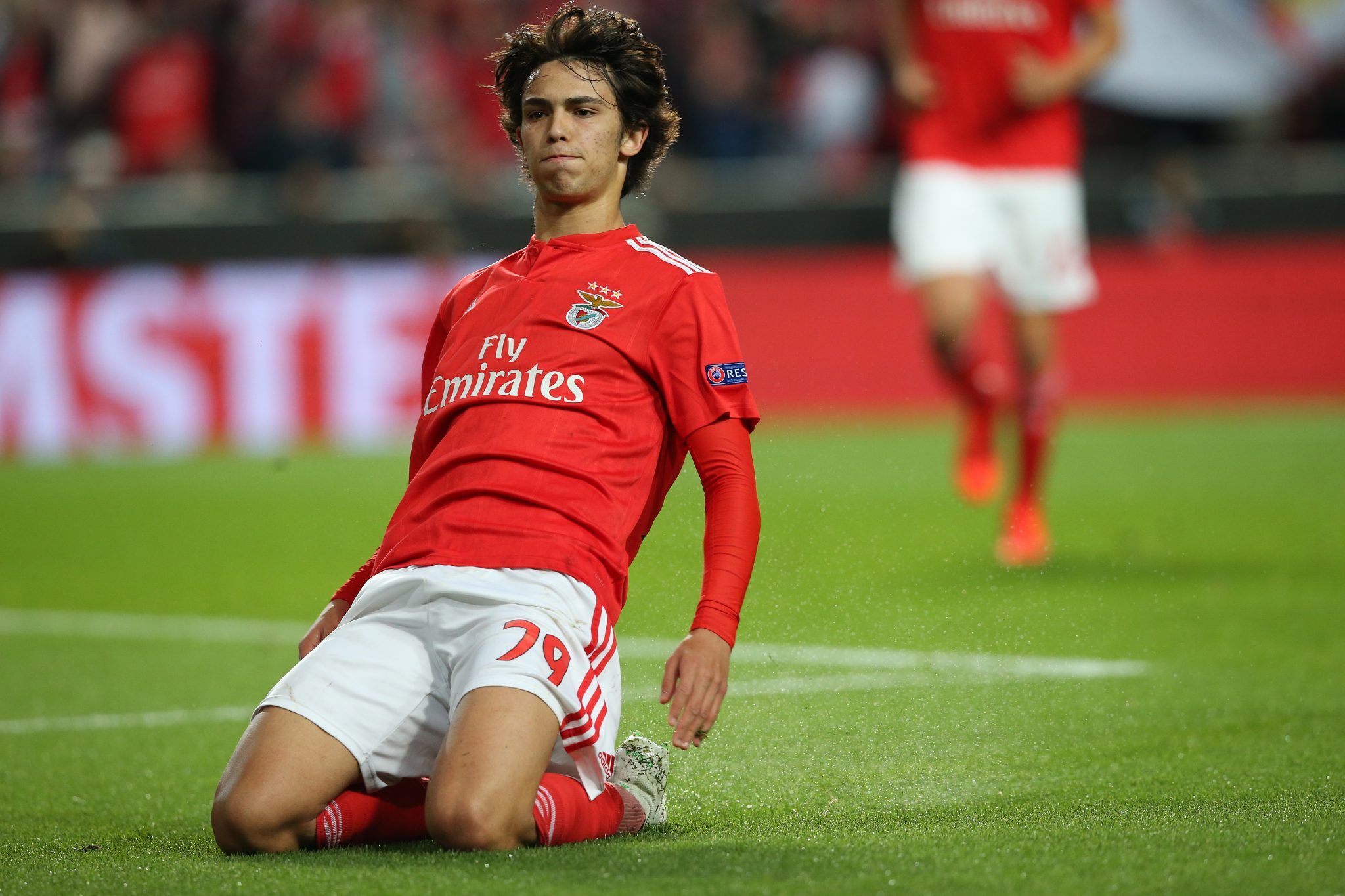
2020: Erling Haaland
The Norwegian forward and son of former Leeds United and Manchester City player Alf-Inge, Haaland has been a goal-machine since announcing himself to the world with phenomenal performances for RB Salzburg.
Despite a host of European football's elite chasing him in the summer of 2020, Haaland moved to Dortmund, where he has scored 70 goals in 72 games (!!!).
Haaland's contract at Dortmund contains a release clause that activates during the 2022 summer transfer window. Europe's best look set to be vying for his signature once again.

2021: Pedri
The most recent winner of the prize is the highly-rated Spanish youngster.
Pedri began his career at Las Palmas in 2019, debuting at 16 and scoring his first senior goal at the same age, becoming the club's youngest ever goalscorer.
Barcelona signed him that September for the following year, and he arrived at Camp Nou in July 2020.
Former Barca manager Ronald Koeman played Pedri 52 times across all competitions for the Catalonians in his first season at the club.
Spain then called him up to their Euro 2020 squad. He helped them to reach the semi-final and then represented his country at the 2020 Olympics in Tokyo that same summer.
The poor lad could probably use a rest.






















